Economic Achievements of Prime Minister Mohammed Al-Sudani: An Analysis of Non-Oil Revenue Growth in Iraq (2022-2024)
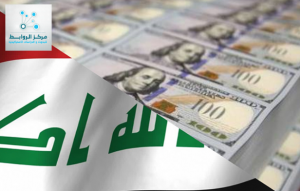 Under the leadership of Prime Minister Mohammed Al-Sudani, Iraq has achieved significant growth in its non-oil revenues, rising from seven trillion Iraqi dinars to twenty-seven trillion dinars in two years. This remarkable increase indicates a strategic shift towards diversifying the economy and enhancing its stability.
Under the leadership of Prime Minister Mohammed Al-Sudani, Iraq has achieved significant growth in its non-oil revenues, rising from seven trillion Iraqi dinars to twenty-seven trillion dinars in two years. This remarkable increase indicates a strategic shift towards diversifying the economy and enhancing its stability.
This growth is attributed to several targeted economic reforms and initiatives:
Income and wealth tax revenues: Income tax revenues increased by 118%, reflecting the successful implementation of tax reforms and improved taxpayer compliance. This significant increase indicates an effective restructuring of the tax system and enhanced financial oversight.
Commodity tax revenues: Revenues from commodities increased significantly by 285%. This growth can be attributed to improved production techniques, expanded export markets, and strategic investment in the commodities sector.
Fee revenues doubled: Fees collected by the government increased by 50%, indicating enhanced organizational efficiency and better management of administrative processes. This growth underscores the government’s ability to improve revenue generation from various sectors.
Industrial and Agricultural Developments To sustain and support this revenue growth, the Iraqi government has focused on strategic investments and sectoral advancements:
Industrial expansion: Significant investments have been made in key industrial sectors, including fertilizer production, chemical manufacturing, and military equipment. These investments have not only expanded industrial capacity, but have also increased the sector’s contribution to GDP.
Agricultural progress: The government has expanded agricultural land from 5 million to 7 million acres. This expansion aims to boost local food production, enhance food security, reduce dependence on agricultural imports, and thus enhance the role of the agricultural sector in the economy.
Policy objectives and strategic directions
The federal budget reflects a strategic realignment to reduce the budget’s dependence on oil revenues from 95% to 80% of total revenues, and highlights a focus on balanced economic development and sustainability. Key policy thrusts include:
Promoting local industries: Efforts are underway to promote local pharmaceutical and iron and steel industries. By reducing reliance on imports and boosting domestic production, these initiatives aim to build a more self-reliant industrial base.
Developing the private sector: The government is working to promote private sector growth by establishing new manufacturing plants and supporting existing companies. This approach seeks to stimulate economic activity, create jobs, and foster innovation.
The administration of Prime Minister Mohammed al-Sudani has demonstrated a clear commitment to diversifying Iraq’s economic base and building a strong fiscal future. The significant increase in non-oil revenues reflects the success of these strategic initiatives and positions Iraq to promote economic stability and growth.
Economic Studies Unit / North America Office
Links Center for Research and Strategic Studies
Rawabetcenter.com

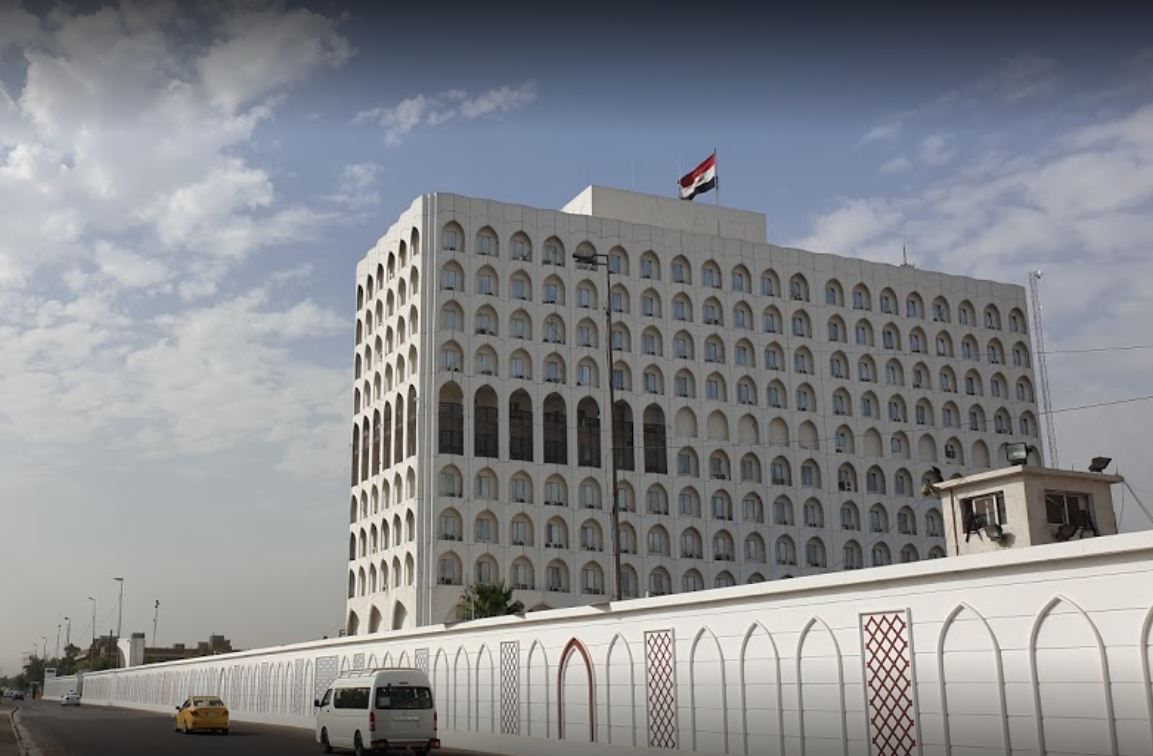 The Iraqi Ministry of Foreign Affairs responded on Thursday to statements made by the official spokesman for the US State Department. While announcing the postponement of the announcement of the end of the military mission of the international coalition in Iraq due to recent developments, it confirmed that there are no US forces in Iraq except for the advisors under the umbrella of the international coalition.
The Iraqi Ministry of Foreign Affairs responded on Thursday to statements made by the official spokesman for the US State Department. While announcing the postponement of the announcement of the end of the military mission of the international coalition in Iraq due to recent developments, it confirmed that there are no US forces in Iraq except for the advisors under the umbrella of the international coalition.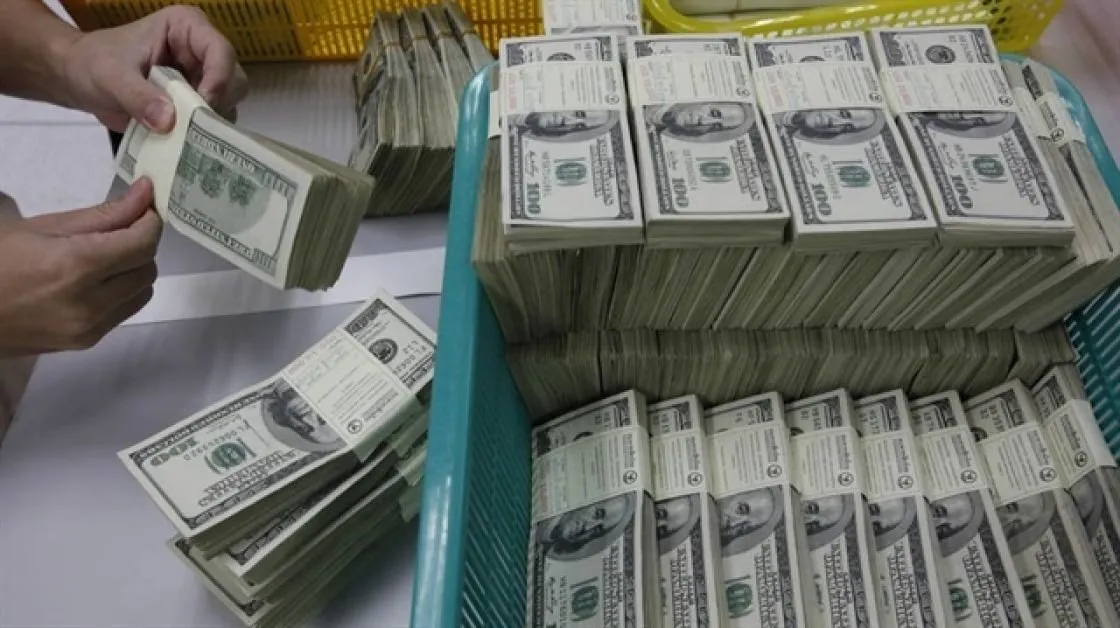 The financial advisor to the Prime Minister, Mazhar Mohammed Salih, confirmed today, Thursday, that Iraq’s external debts do not exceed 9 billion dollars.
The financial advisor to the Prime Minister, Mazhar Mohammed Salih, confirmed today, Thursday, that Iraq’s external debts do not exceed 9 billion dollars.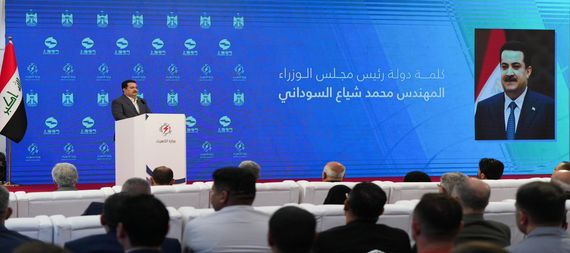 Prime Minister Mohammed Shia Al-Sudani announced the government’s readiness to launch the largest project to produce (10) thousand megawatts of electric power.
Prime Minister Mohammed Shia Al-Sudani announced the government’s readiness to launch the largest project to produce (10) thousand megawatts of electric power. The Central Bank sponsored, today, Wednesday, a meeting to establish a national company to manage electronic payment systems in Iraq.
The Central Bank sponsored, today, Wednesday, a meeting to establish a national company to manage electronic payment systems in Iraq. Deputy Chairman of the Oil, Gas and Natural Resources Committee, Nehru Rawandozi, revealed today, Wednesday, the latest developments related to the legislation of the oil and gas law according to the political agreement between Baghdad and Erbil.
Deputy Chairman of the Oil, Gas and Natural Resources Committee, Nehru Rawandozi, revealed today, Wednesday, the latest developments related to the legislation of the oil and gas law according to the political agreement between Baghdad and Erbil.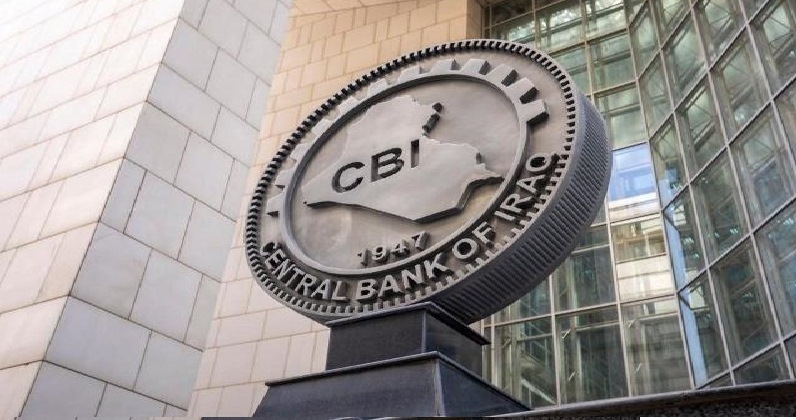 The Central Bank of Iraq (Financial Inclusion Department) announced on Wednesday the establishment of an electronic platform to manage complaints from clients of financial institutions.
The Central Bank of Iraq (Financial Inclusion Department) announced on Wednesday the establishment of an electronic platform to manage complaints from clients of financial institutions. Economic expert Mustafa Hantoush warned today, Tuesday, of a danger to the Iraqi economy caused by foreign banks inside the country, while he pointed out that the Central Bank evaluates local banks according to the “seventies standard.”
Economic expert Mustafa Hantoush warned today, Tuesday, of a danger to the Iraqi economy caused by foreign banks inside the country, while he pointed out that the Central Bank evaluates local banks according to the “seventies standard.”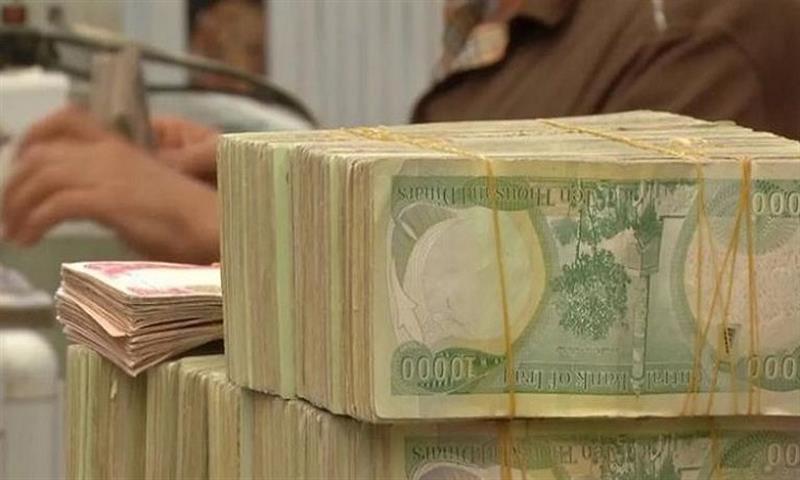 Shafaq News / The Supreme Anti-Corruption Commission announced on Tuesday that it had recovered one billion dinars to the state treasury, explaining that the recovered amount represents part of the total amount in the case of violations committed by one of the departments of the Ministry of Commerce that opened an account in a private bank, in violation of the law.
Shafaq News / The Supreme Anti-Corruption Commission announced on Tuesday that it had recovered one billion dinars to the state treasury, explaining that the recovered amount represents part of the total amount in the case of violations committed by one of the departments of the Ministry of Commerce that opened an account in a private bank, in violation of the law.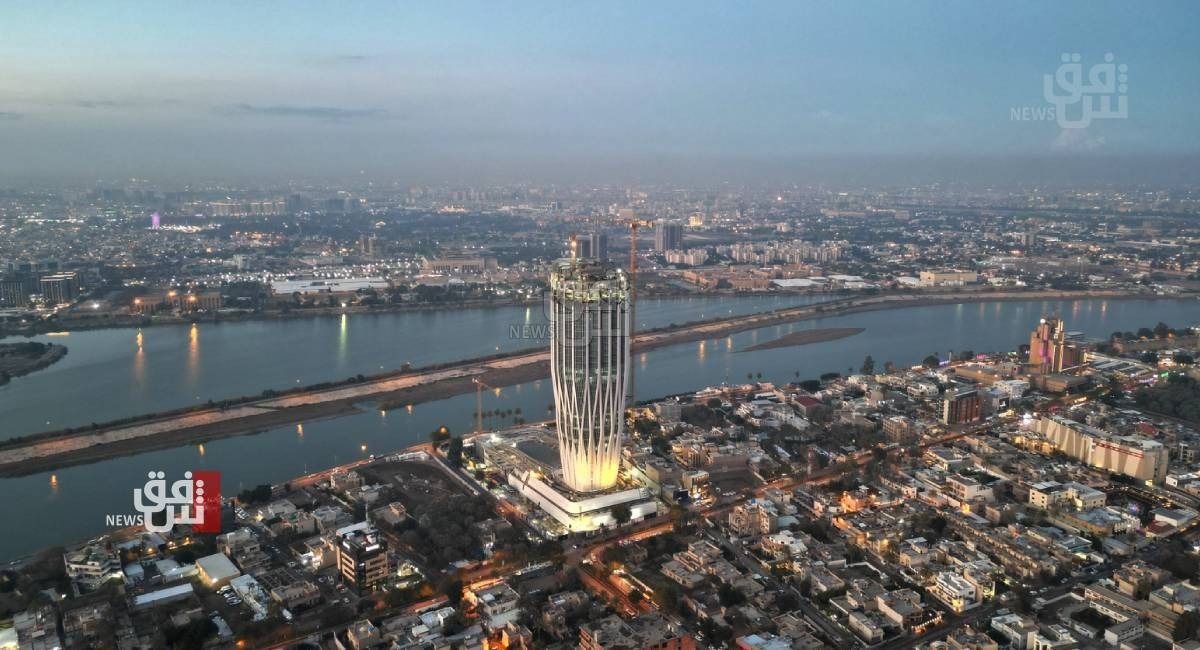 Shafaq News / The Central Bank of Iraq announced on Tuesday that fines imposed on banks and non-banking institutions (exchange companies) amounted to more than 181 billion Iraqi dinars during the past six months.
Shafaq News / The Central Bank of Iraq announced on Tuesday that fines imposed on banks and non-banking institutions (exchange companies) amounted to more than 181 billion Iraqi dinars during the past six months.